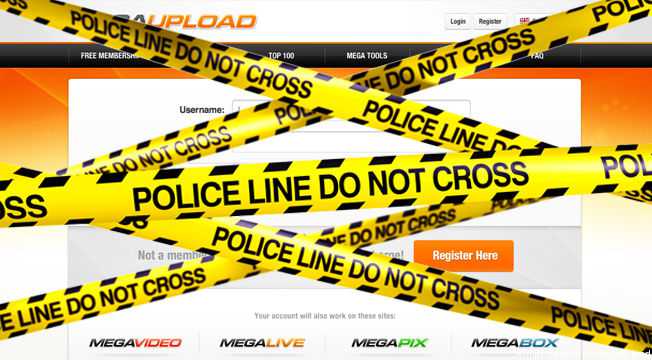(SOPA Nedir: https://www.turkishnews.com/tr/content/2012/01/19/istiklal-marsinin-sopasi-yok/
In the United States, a massive Internet protest last week led by Wikipedia and Google drove congressional leaders to place controversial anti-piracy legislation on hold.

Polish lawmakers from the leftist Palikot’s Movement cover their faces with masks as they protest against ACTA during a parliament session in Warsaw on Jan. 26, 2012.
But in other parts of the world, another proposal to increase copyright enforcement is gaining momentum, despite protests from opponents concerned about Internet censorship.
On Thursday, the European Union and 22 of its member states signed the Anti-Counterfeiting Trade Agreement, or ACTA — a major step toward enforcement of the copyright treaty. Eight countries, including the United States, had signed the agreement this past fall.
ACTA has always been controversial because the international negotiations that began in 2007 took place in secret. But now, opponents of the treaty have developed new muscle after witnessing the success of the Internet outcry against the two U.S. bills, the Stop Online Piracy Act (SOPA) and the Protect IP Act (PIPA).
In Poland, hundreds took to the streets this week to protest the government’s intention to sign ACTA. Several popular Polish websites replaced their regular content with statements expressing concerns about ACTA, and government websites were taken offline in an apparent denial-of-service attack coordinated by the hacker group Anonymous.
For copyright holders, an international treaty may offer fewer roadblocks to combating digital piracy, critics say. While SOPA and PIPA sought to change U.S. law by forcing American Internet service providers to block domain names of websites believed to be engaging in online piracy, ACTA seeks to implement existing U.S. copyright law in countries where copyright enforcement is less stringent. The Obama administration has argued that ACTA does not require Senate authorization because it’s technically an “executive agreement.”
But U.S. Sen. Ron Wyden wrote a letter to President Barack Obama last fall raising questions about whether it was constitutional for the U.S. trade representative to sign on to the treaty without Senate approval.
Sean Flynn, a professor of intellectual property law at American University, said ACTA is not as “draconian” as the pending U.S. legislation, calling the treaty “SOPA light.” Some of its most troubling measures — such as a requirement that Internet service providers suspend service to customers caught downloading copyrighted works, known as the “three strikes” rule — have been stripped from the agreement, he said.
But other experts argue that ACTA is still problematic.
“ACTA contains new potential obligations for Internet intermediaries, requiring them to police the Internet and their users, which in turn pose significant concerns for citizens’ privacy, freedom of expression, and fair use rights,” Eva Galperin of the Electronic Frontier Foundation wrote in a blog post last fall.
Many of those who support the U.S. legislation are also backing ACTA, including the Motion Picture Association of America. ACTA is “an important step forward in strengthening international cooperation and enforcement for intellectual property rights,” said former U.S. Sen. Christopher Dodd, chairman of the MPAA, in a statement last fall.
ACTA is not the only anti-piracy treaty raising concerns. Some experts fear the Trans Pacific Partnership (TPP) may include intellectual property measures more restrictive than those in ACTA. But public information about the latter treaty is vague because it is also being negotiated in secret, experts say.
“We don’t know what’s in the TPP IP chapter, and that’s what worries us,” the Electronic Frontier Foundation wrote on its website.
Flynn said the impact of last week’s protests against SOPA and PIPA has forced the world to pay more attention to these copyright treaties.
“There have been protests with ACTA, but they’ve never reached this scale,” said Flynn. “The politics seem to be changing on this issue internationally.”
via ACTA Copyright Treaty Sparks Protests In Latest Anti-Piracy Battle.

